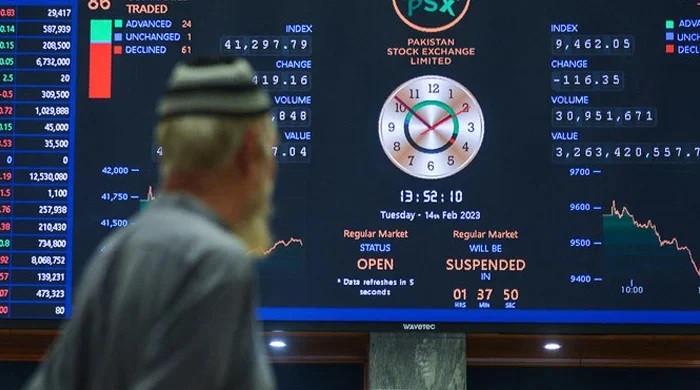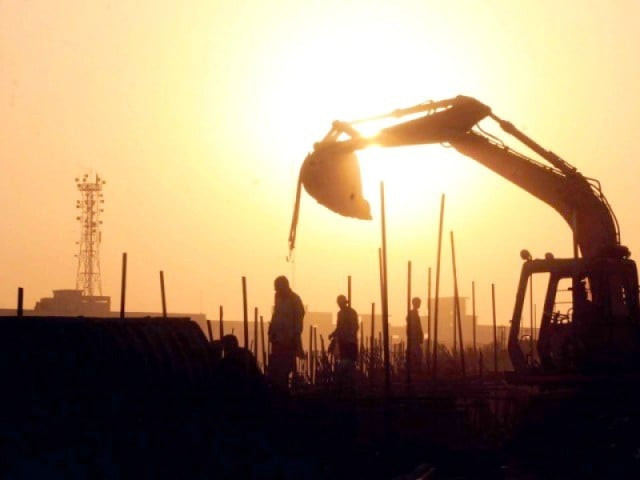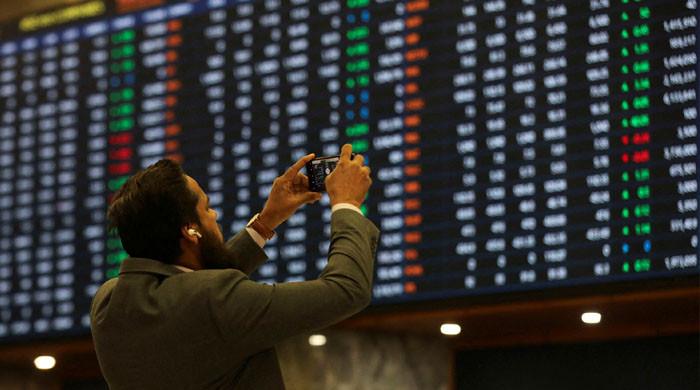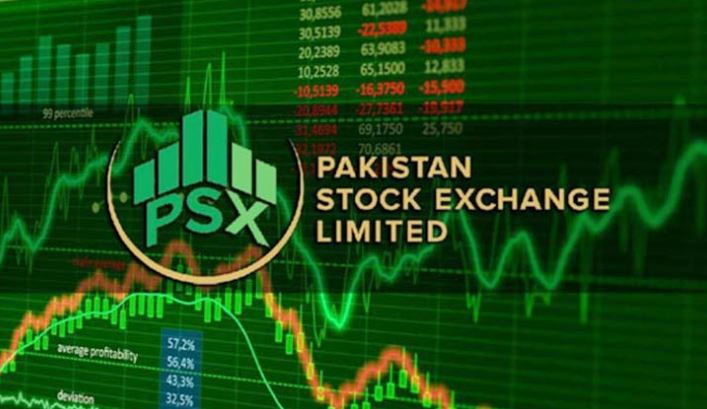Pakistan
PSX soars to new high of 67,756 points fuelled by cyclic sector

Pakistan
Suzuki Bolan discontinued in Pakistan after 36 years; Here’s replacement for ‘Carry Dabba’ – Pakistan Observer
Pakistan
Gold prices reach historic high in Pakistan – Pakistan Observer
Pakistan
Stocks rally past 82,000 mark as investors bet on IMF deal approval
Pakistan
PSX surges 1,510 points, crosses 81,000 mark amid positive economic signals – Pakistan Observer
-

 Technology6 مہینے ago
Technology6 مہینے agoSamsung’s new midrange Galaxy A55 has improved security, features | The Express Tribune
-

 Pakistan7 مہینے ago
Pakistan7 مہینے agoNew Zealand in efforts to fast track consenting of major projects – Pakistan Observer
-

 Sports6 مہینے ago
Sports6 مہینے agoPCB opens applications for specialized red and white-ball coaches
-

 Pakistan6 مہینے ago
Pakistan6 مہینے agoLegal issues hinder projects’ transfer | The Express Tribune
-

 Entertainment6 مہینے ago
Entertainment6 مہینے agoPrince William foils Prince Harry’s reunion plans ahead of UK return
-

 Pakistan6 مہینے ago
Pakistan6 مہینے agoNADRA NICOP fee March 2024 – Pakistan Observer
-

 Sports5 مہینے ago
Sports5 مہینے agoConversation continues between PCB, New Zealand for white ball series
-

 Entertainment6 مہینے ago
Entertainment6 مہینے agoChris Evans, Alba Baptista make stunning red carpet debut at VF Oscar party









